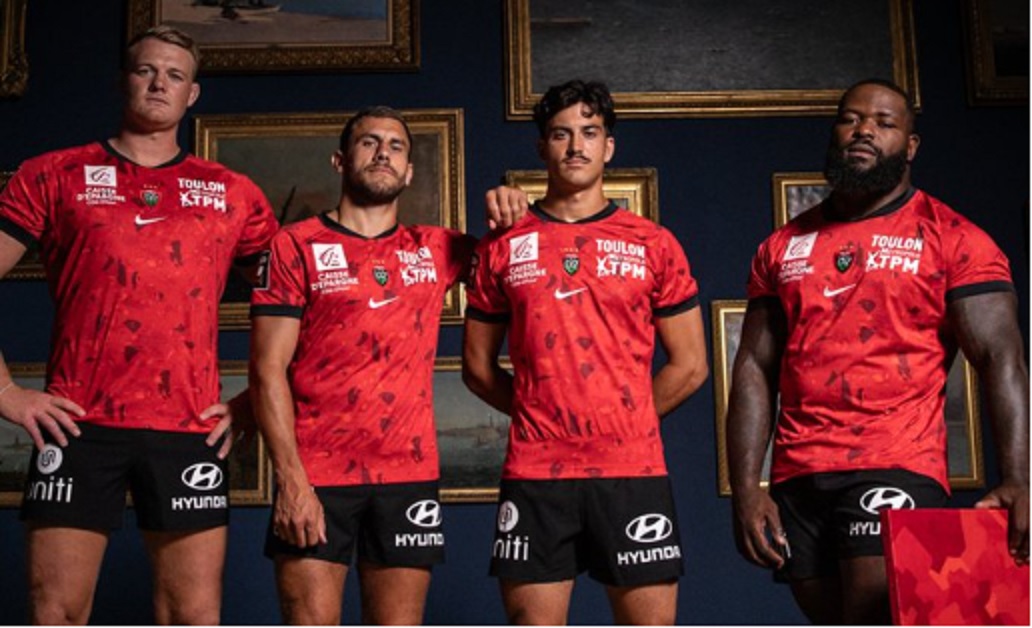Recently, a significant event took place at Soroka Hospital in Beersheba, where an Israeli Bedouin hostage, held by Hamas in the Gaza tunnels, was treated after his release.
Published at 00:46 Updated at 13:00

Dr. Jacques Kadoch* Obstetrician-gynecologist

Le Dr Lior Bibas* Cardiologist and intensivist
The event, captured in moving images broadcast worldwide, shows the man surrounded by Israeli doctors, including Dr. Dan Schwarzfuchs, head of the emergency room. These images not only symbolize the end of captivity; they also illustrate the coexistence and humanity that characterize Israeli medicine, transcending religious and ethnic barriers.
We are two Quebec doctors, founding members of the Association of Jewish Physicians of Quebec (AMJQ), and recently had the honor of visiting this establishment during a mission to Israel, reinforcing our conviction in the power of medicine to bring people together.

PHOTO OFFICE OF THE ISRAELI PRIME MINISTER, PROVIDED BY THE ASSOCIATED PRESS
Farhan Al-Qadi at Soroka Hospital after his release
Soroka, the main hospital in southern Israel, is a true example of altruism. During our visit, we learned that 70% of births at the facility were to Muslim patients.
One particularly striking memory is of a wounded Israeli soldier awaiting treatment in a waiting room, surrounded by Muslim patients. This scene illustrates the daily coexistence in Soroka, where differences fade before shared dedication.
On October 7, during the tragic attack that struck Israel, Soroka Hospital had to deal with a massive influx of wounded. In 24 hours, the hospital treated 671 wounded – children, elderly, Arabs and Jews, civilians and military personnel, including Hamas militants. This event was the largest mass casualty influx caused by an act of terrorism in a single hospital in modern history.
Despite the gravity of the situation, all the wounded were treated fairly and with compassion. This ability to put aside hatred to save lives, whatever they may be, is tangible proof of the human values that guide medicine. Those who practice it should always be able to do so without fear of being in turn victims of the violence whose wounds they treat, wherever they are in the world.
Dr. Dan Schwarzfuchs, whom we met during our visit to Soroka Hospital and who is now in the spotlight for his role in caring for the recently released Bedouin hostage, fully embodies the values of kindness we observed. His commitment, regardless of religion or ethnicity, underscores the universality of respect for life.
We remember the palpable emotion in Tel Aviv when the release of four hostages was announced last June. This moment, experienced on the crowded beaches, had aroused immense hope.
Recent events in Soroka only reinforce this perspective, reminding us that, despite conflicts, there remains a space where dignity and human life prevail.
This example illustrates how medicine can be a bridge to peace, bringing people together beyond differences. Current events continually remind us that, even in the deepest darkness, the human spirit can illuminate the path to coexistence and mutual respect.
In celebrating the hostage’s release, we also celebrate the possibility of lasting peace and tangible proof that coexistence is achievable. Medicine, through acts of compassion and fairness, stands as a powerful symbol of this common aspiration.
* The authors are founding members and members of the executive committee of the Association of Jewish Physicians of Quebec
What do you think? Join the dialogue

